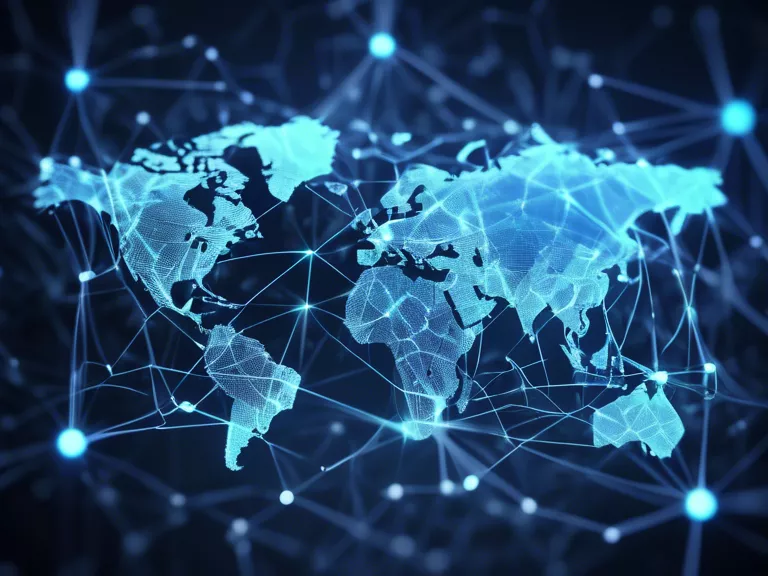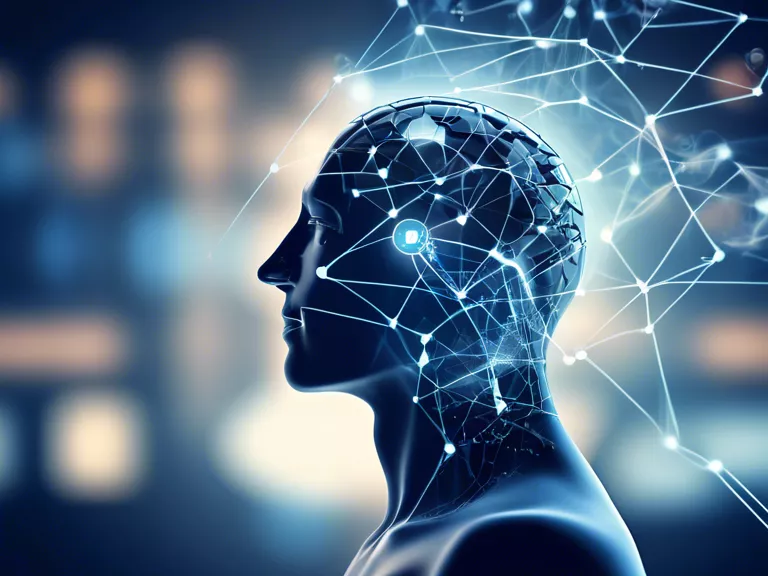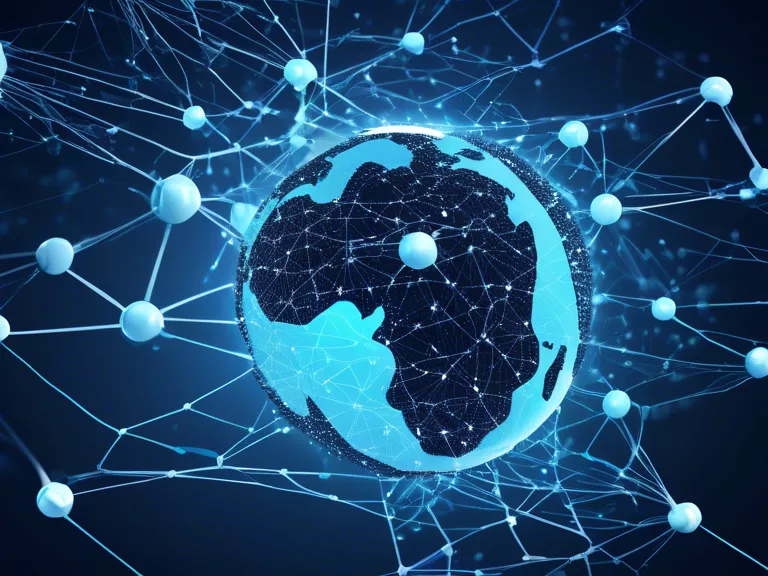
Introduction
In today's interconnected world, the role of machine learning in enhancing global connectivity is becoming increasingly significant. Machine learning, a subset of artificial intelligence, is revolutionizing the way we interact with technology and each other. Through its ability to analyze vast amounts of data and learn from patterns, machine learning is amplifying global connectivity in various sectors.
Enhancing Communication Networks
One of the primary ways machine learning is amplifying global connectivity is through enhancing communication networks. Machine learning algorithms are used to optimize network performance, predict network failures, and improve overall efficiency. By leveraging machine learning, telecommunications companies can offer faster and more reliable services to users across the globe.
Facilitating Language Translation
Language barriers have long been a hindrance to global connectivity. Machine learning has made significant strides in the field of language translation, enabling real-time translation services that break down communication barriers between people who speak different languages. This advancement has empowered businesses to expand their reach to international markets and individuals to connect with others from diverse backgrounds.
Personalizing User Experiences
Machine learning algorithms are increasingly being used to personalize user experiences on digital platforms. By analyzing user behavior and preferences, machine learning models can provide tailored recommendations, content, and services to individuals across the globe. This level of personalization not only enhances user satisfaction but also fosters global connections by catering to diverse needs and interests.
Improving Global Health
In the healthcare sector, machine learning is playing a crucial role in improving global health outcomes. From diagnosing diseases to predicting epidemics, machine learning algorithms are transforming healthcare delivery on a global scale. By analyzing healthcare data from various sources, machine learning can help identify trends, allocate resources efficiently, and ultimately enhance healthcare connectivity worldwide.
Empowering Smart Cities
The concept of smart cities, enabled by IoT devices and interconnected systems, is gaining momentum globally. Machine learning plays a key role in processing and analyzing the vast amounts of data generated in smart cities to optimize services, improve infrastructure, and enhance overall quality of life. By leveraging machine learning capabilities, smart cities can become more efficient, sustainable, and interconnected, fostering global connectivity at a community level.
Conclusion
Machine learning is a powerful tool that is amplifying global connectivity in diverse ways. From enhancing communication networks to facilitating language translation, personalizing user experiences, improving global health, and empowering smart cities, the impact of machine learning is far-reaching. As advancements in machine learning continue to evolve, the potential for amplifying global connectivity across various sectors will only grow, shaping a more interconnected and technologically advanced world.



